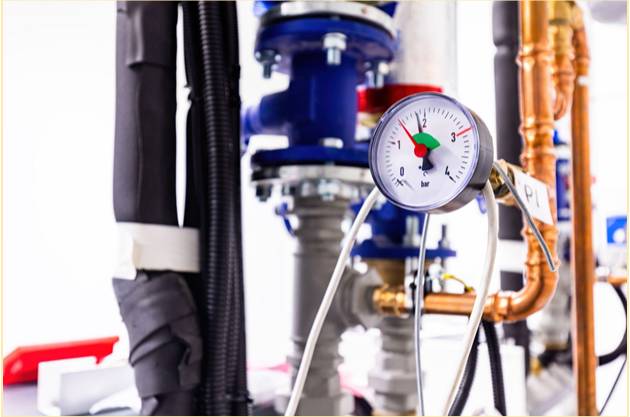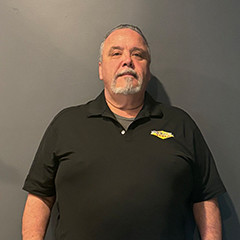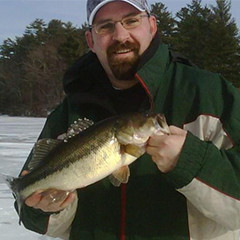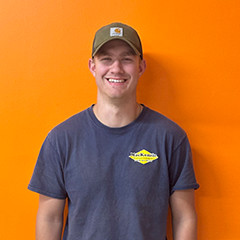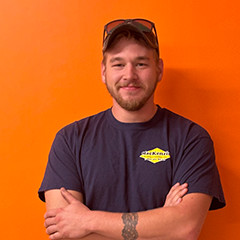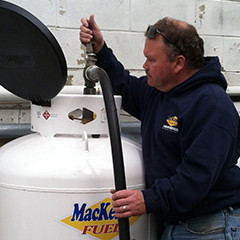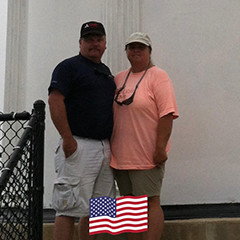Learning every little thing about the numerous heating and air conditioning-related systems can be overwhelming. Since so many variables may impact your comfort levels and budget for keeping your home hot or cool throughout the year, here are a few commonly asked questions about heat pumps.
Question 1: Heat pump or air conditioner, what do I have?
Answer 1: Differentiating between home heat pumps and air conditioners requires a little detective work. Although both machines may look the same externally, a heat pump offers both cooling and heating for your home. Hence, the simplest way of checking which system you have installed in your home is to turn on the heating mode and wait. Once you feel hot air coming in from the vents after turning on the heat, go to the exterior unit and see/hear if it’s running. Once that’s done, you can rest assured that you do indeed have a heat pump.
Question 2: Do home heat pumps require regular maintenance?
Answer 2: Heat pumps are designed to provide both heating and cooling and are operational all year long. Scheduling cooling checkups in the spring and heating maintenance in the fall is advisable in New England. Also, most heat pump dealers provide pre-season offers on off-season inspection and maintenance packages. Scheduled periodic maintenance of home heat pumps can prevent instances of unexpected failures and help maximize their lifespan and efficiency. Hence, pre-season maintenance at regular intervals is essential to keeping your home temperature controlled.
Question 3: Heat pumps or air conditioners, which is better?
Answer 3: Determining which one is better is heavily dependent on your individual needs. Historically, heat pumps were not as efficient as they are today from a heating perspective. But today’s heat pumps rival the efficiency of gas heat in most homes – depending on size and structure.
An air conditioner can keep your home cool, but heat pumps can provide both heating and cooling. Since they both use similar refrigeration cycles to cool, proving the advantage of one over the other may require a comprehensive comparison of unit size, cooling efficiency, and energy ratings. Although, if you need a heat source and a cooling system all in one, home heat pumps have a clear tactical lead. The team at MacKenzie Heating & Cooling will gladly make a recommendation if you need help deciding. Sometimes it’s as simple as a phone call to us – but we’d be happy to pop over to your home to discuss if you wish.
Question 4: How long do commercial heat pumps last?
Answer 4: You can typically rely on a heat pump operating for about 15 years, but in many instances we see our customers’ heat pumps in operation for 20+ years. A regular maintenance schedule, filter cleanups and professional installation are just a few factors that determine the actual lifespan and contribute to the overall performance of home heat pumps. Seasonal variations, geographical location, and working hours can also affect their longevity. For example, commercial electric heat pumps installed in an area that faces long and harsh winters or extended durations of prickly summer seasons will work double-time to keep your place at an optimum temperature throughout the year. For additional peace of mind, you should make sure that your installation technician is expertly qualified, reliable, highly recommended, and provides a limited warranty for the work they provide. It would help if you also inquired about the various registration requirements, warranty coverage the manufacturers offer, and other details of your chosen heat pump.
Question 5: Do heat pumps need to be covered in winter?
Answer 5: Covering up home heat pumps in winter is definitely not advised. They need to pull in the outside air through side vents and dump exhaust gas through the top vents to work correctly. Hence your heat pump may not function as intended and can suffer severe damage if left covered.
Question 6: Is frosting on heat pumps typical?
Answer 6: Developing a frost coating or light ice formation on the outer unit is common during winters. There’s no reason to be alarmed as the defrost control settings in commercial heat pumps can sense and start a defrost cycle automatically by activating the auxiliary heat strips to warm the indoor air. However, you should immediately contact a licensed professional in case of heavy frosting, as too much ice accumulation may indicate that your heat pump needs servicing.
Question 7: What is SEER and HSPF of heat pumps?
Answer 7: Commercial electric heat pumps are assigned two kinds of efficiency ratings. The seasonal energy efficiency ratio (SEER) signifies the functional competence in cooling mode, while the heating season performance factor (HSPF) measures the performance in heating mode. Higher SEER and HSPF ratings indicate better efficiency of home heat pumps in cooling and heating modes, respectively.
Exceptional work quality and customer satisfaction are the most prized possessions at MacKenzie Fuels. Need our services? Get in touch with MacKenzie.


